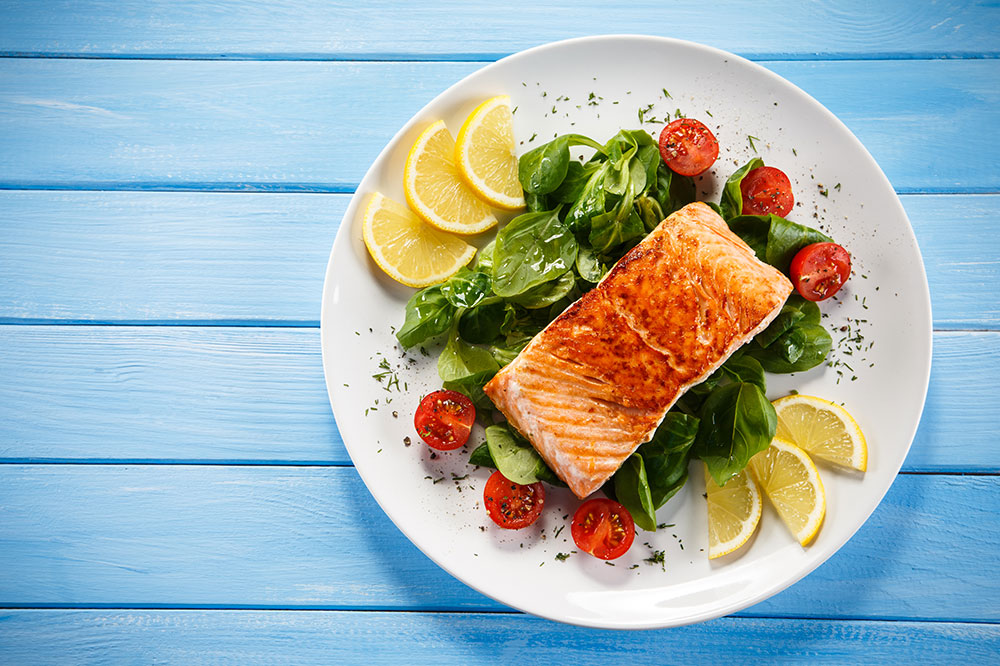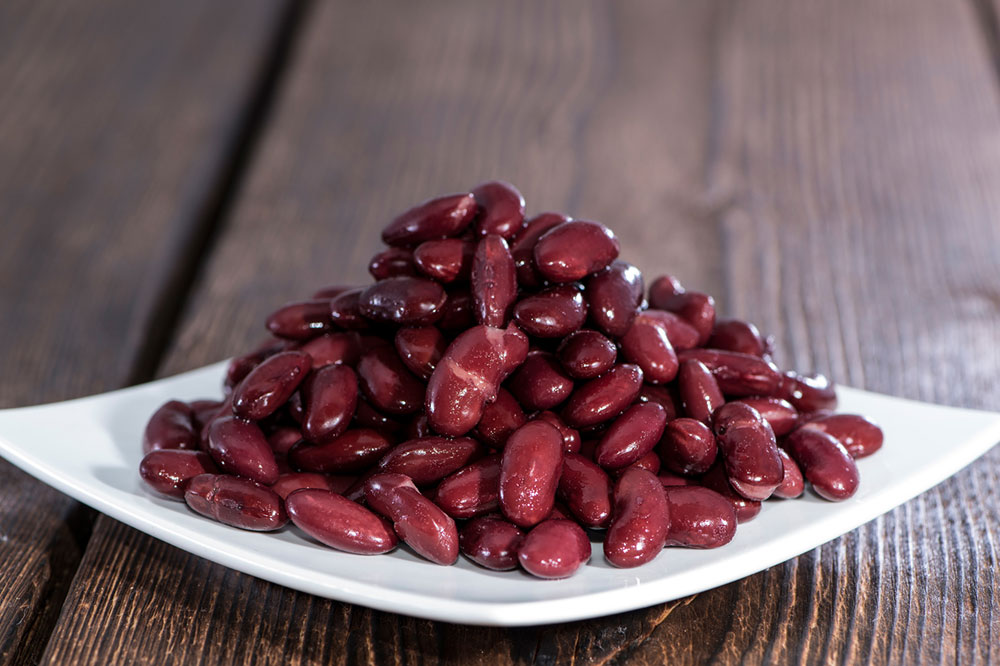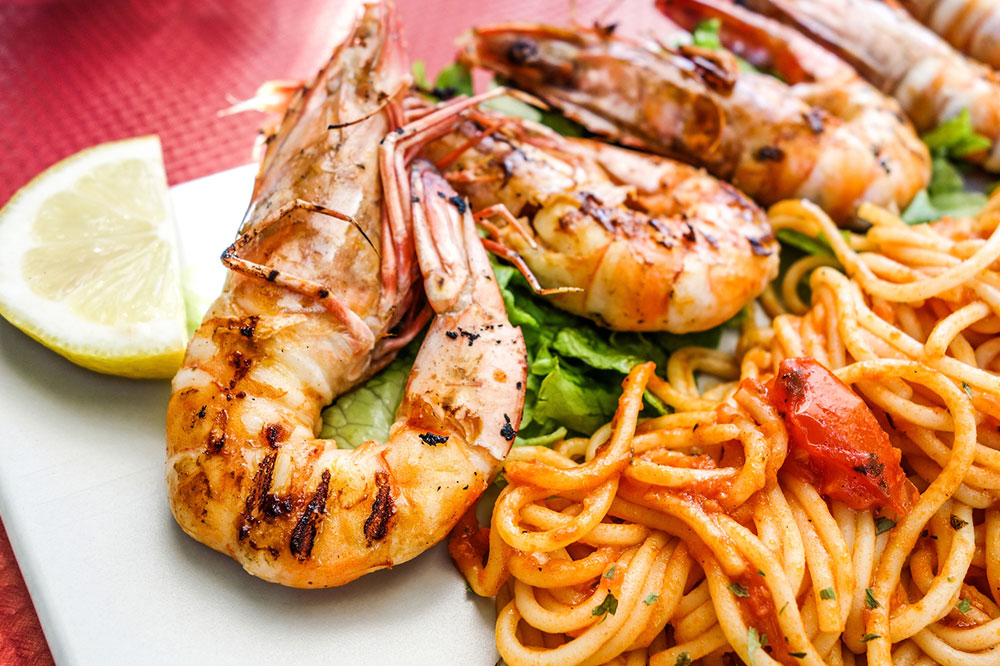Nutritional Guidance for Individuals with Sickle Cell Disease
This article provides dietary recommendations for individuals with sickle cell disease, highlighting foods rich in iron, vitamins, and minerals that support blood health. It emphasizes moderation and balanced nutrition, including animal proteins, fortified cereals, seafood, legumes, and green vegetables like spinach. Proper nourishment can aid in managing symptoms and improving quality of life for sickle cell patients.
Sponsored

Essential Nutritional Tips for Managing Sickle Cell Disease
Sickle cell disease is a hereditary blood disorder characterized by abnormal hemoglobin, which causes red blood cells to become rigid and shaped like crescents. This reduces oxygen delivery throughout the body. Proper nutrition plays a vital role in supporting health and managing symptoms. Incorporating specific foods can help boost essential nutrients needed for individuals with this condition. Here are some key dietary sources beneficial for sickle cell patients.
Animal-based Iron Sources Non-plant foods like organ meats provide heme iron, which is more readily absorbed by the body. Consuming moderate amounts can help improve iron levels, essential for red blood cell production. However, due to high cholesterol, these should be eaten in moderation.
Fortified cereals are staple breakfast items enriched with vital nutrients like iron, zinc, calcium, and fiber. Choosing cereals without added sugars ensures a healthier start to the day and helps combat nutritional deficiencies common in sickle cell disease.
Seafood such as oysters, mussels, clams, shrimp, and fish like salmon and tuna provide rich sources of zinc, vitamin B12, and iron, supporting blood health and energy levels. Including these in the diet can be particularly beneficial for managing anemia symptoms.
Legumes like chickpeas and soybeans are high in non-heme iron and protein. Chickpeas can be added to salads and dishes, or enjoyed as hummus. Soybeans provide protein, iron, and copper, which aids vascular health and immune function.
Dark green vegetables like spinach are excellent sources of iron, folic acid, and other essential nutrients. Cooking spinach and adding a splash of lemon enhances iron absorption, supporting red blood cell production and overall health.






